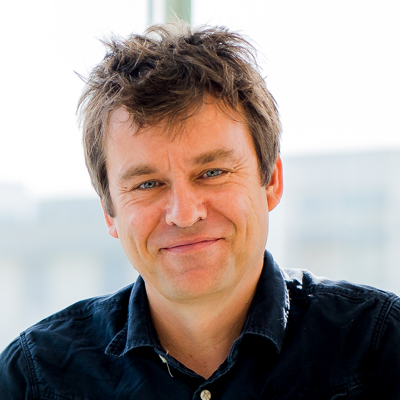
“PANIC buyers” responding to the coronavirus pandemic have been condemned by politicians and media outlets across the nation, but a Canberra behavioural insight specialist says it’s not as ridiculous as people think.
“It’s quite rational,” says Dr Dirk Van Rooy, who works as a behavioural insight specialist at ThinkPlace and a senior lecturer at ANU.
“There is a difference between disaster preparation and what we refer to as ‘panic buying’. Disaster preparation would be rational. Stocking up on supplies for 14 days when you’re not sure what will happen is rational.
“Fear for a virus outbreak is also quite rational.
“This is a very complicated issue, there is a lot of uncertainty and even the experts don’t know the answers at this point.”
Dirk believes the term “panic buying” is misleading, and instead, he says what Australians are seeing are psychological mechanisms fuelled by fear.
When people are fuelled by fear or anxiety, their brains evaluate threats in a different way, according to Dirk, who says a lot of decision making relies on emotions.
“It usually works quite well to rely on emotions and mental shortcuts but it becomes problematic when there is heightened fear and anxiety,” he says.
A lot of this has to do with the human ability to perceive risks, and Dirk says: “We’re not very good at risk perceptions.”
“We find it very difficult to process representations of risks because they tend to be represented with statistics or ambiguous words,” he says.
Then, when there’s ambiguity, Dirk says people respond by stocking up on items such as toilet paper as a psychological mechanism to deal with this uncertainty.
“It’s a way of measuring control over the situation,” he says.
“It’s not necessarily driven by need.”
Dirk compares it with retail therapy, saying that people use retail therapy as a coping mechanism. Their desire to buy things, again, isn’t driven by a need, he says.
“People feel the need to do something big. Handwashing might seem too trivial so a dramatic response is recognised, leading people to throw money at things,” he says.
“That is, in itself, the behaviour that reduces the anxiety even though it doesn’t result in protection.”
But, as Dirk says, this fear response doesn’t protect people from the virus and also has an impact on the economy.
“What people tend to do in these circumstances is become very conservative. They don’t just hoard toilet paper rolls, they also hoard money,” he says.
While these fear responses are also rational, Dirk says there are ways to reduce this fear, such as reading proper information sources that are validated by experts, and ways for the Federal Government and other governments to reduce it, too.
“There’s some research that provides some key principles for governments on how to communicate,” he says.
“One principle governments can put in place to manage anxiety is to be transparent, so show people the work that’s being done behind the scenes.
“Another way is being clear, simple and precise.”
And, another principle, according to Dirk, is public trust.
“People are far more willing to adopt the recommendations from governments when they feel like governments are being honest,” he says.
“Prime Minister Scott Morrison has a problem here because a lot of people lost trust in him during the bushfires.”
Dirk, who can’t see the Federal government coming back from this distrust, says the best thing they can do is stay out of the process and use medical experts and other experts to explain new measures.
Another reason why the community is seeing more of a divide, compared to when the community came together during the bushfires, is because the virus is invisible.
“There’s a key difference with the bushfire crisis,” he says.
“In general Australians are more familiar with bushfires, even though we might have underestimated the extent of them. The nature of the threat is also different. There’s less of a threat to the whole system.
“Things like viruses or cancer give us a lot of dread because they’re invisible. They creep up on you. Bushfires are a lot more visible.”
The more dread there is, Dirk says there will be more fear, and also a herd mentality response.
“If everyone is running for the lifeboats, you’re going to do the same,” he says.
“But buying out of fear is a self-fulfilling prophecy. The fear of scarcity can actually create scarcity, so panic buying can create real scarcity.
“If people are fighting over hand sanitiser, people will want it, and that will create a shortage. It’s a snowball effect.”
Who can be trusted?
In a world of spin and confusion, there’s never been a more important time to support independent journalism in Canberra.
If you trust our work online and want to enforce the power of independent voices, I invite you to make a small contribution.
Every dollar of support is invested back into our journalism to help keep citynews.com.au strong and free.
Thank you,
Ian Meikle, editor









Leave a Reply